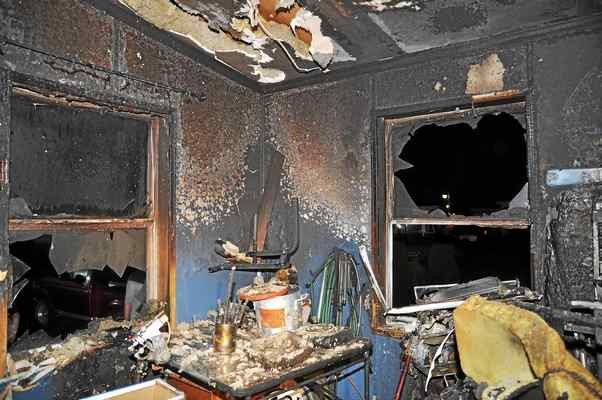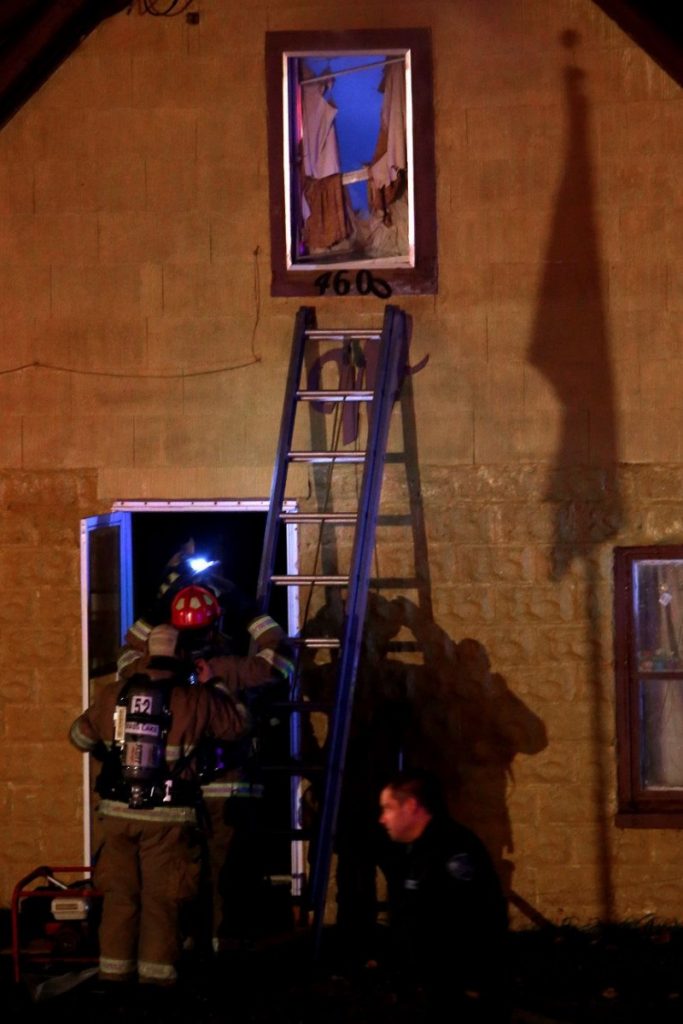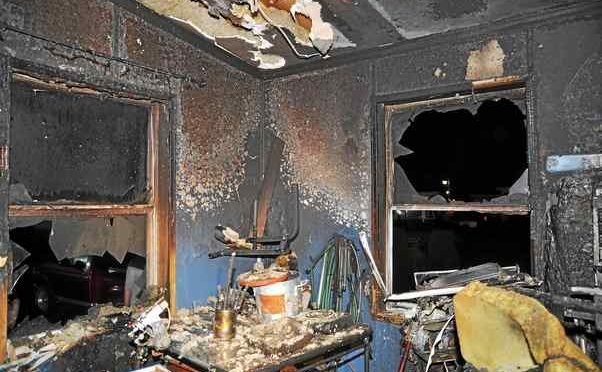Two explosions in one weekend
Two Butane Hash Oil (BHO) explosions ignited in Michigan last weekend, when amateurs were attempting to extract THC from marijuana to make “dabs.” Michigan’s BHO problem will grow into a bigger problem, because legalizers succeeded in getting marijuana on the ballot in November. (Read this article to understand the difference between decriminalization and legalization.)
On Saturday, January 20 in Orion Township, a tenant was making BHO when he suddenly tried to light a cigarette, and everything exploded. The “victim”/maker of the substance was badly burned on his arms and face. He’s been hospitalized, but the other four roommates made it out of the house unharmed.
The next day a 25-year-old in a mobile home park blew out the windows of his kitchen when trying to make BHO. It was 1:30 p.m. in Genesee County, when neighbors heard the loud explosion and called 911.
BHO Labs are part of the current marijuana culture
Butane hash oil fires occur in low rent neighborhoods and as well a exclusive communities such as Butternut Drive in Shelby Township, Macomb County. Butane is the very flammable gas or liquid used in the extraction of THC for “dabs” or “wax.” Making wax or dabs, which can be up to 90% THC is very profitable. Marijuana buds cost between $15 and $20 per gram, but BHO averages a cost between $70 and $100 a gram.

In order to produce the substance, the producers must strain parts of the cannabis plant through liquid butane. Then they heat the contents in order to evaporate the leftover residue which just leaves behind the wax-like substance. In Humboldt County, CA, where a man died making BHO the first day pot was legal in California, officials now control the sale of butane. Marijuana labs have replaced meth labs as the most dangerous drug labs of this decade.
The heating process is dangerous because one little spark from a match or static electricity can ignite an explosion. Fire officials find BHO fires far more difficult to handle than ordinary house fires, because of their heat and explosiveness.
Brian, a 13-year-old at the time, suffered third degree burns to roughly 90% of his body. Her younger son, Marcus, then 11 years old, suffered similar burns to 50% of his body. The mother spent three months in the hospital recovering, before going to jail. A judge sentenced her to 6-10 years in prison.
According to the National Business Group on Health, treatments for severe burns treatments cost from $200, 000 to millions of dollars. The average treatment for severe burns is $1,617,345 and if there are complications with surgeries, healing, infections, anything like that-you are looking at more than $10 million for treatment.
Are BHO explosions a Michigan problem?
Firefighters fighting this type of fire, such as the one in Muskegon, find them more dangerous than regular house fires.

In 2016, at least 12 BHO explosions erupted in Michigan, although no one is officially tracking the problem. The potential for harm to neighbors and child abuse are always a concern at these labs. In 2016, an explosion in Grand Rapids occurred with a six-year-old child in the home. In September of that year, a 4-year-old and 6-year-old were home at the time of a fire in Niles, Michigan, near the Indiana border. The father was charged with operating or maintaining a drug laboratory, a 10-year felony; manufacturing marijuana, a four-year felony; maintaining a drug house, a two-year felony; and two counts of second-degree child abuse, both 10-year felonies.
In October 2014, a 20-year-old medical marijuana cardholder started a fire in his parents’ home while extracting THC.
This year Michigan will vote on legalizing marijuana and if the vote goes through, these types of activities are guaranteed to increase with the influx of marijuana distributors. People will move to Michigan to start growhouses and set up black market businesses.
Michigan has enough street drugs and making one of these drugs legal so the state can raise money will make the situation worse. Increasing access to the drug allows for more explosions, more violence, more drug use, and more black market operations.

